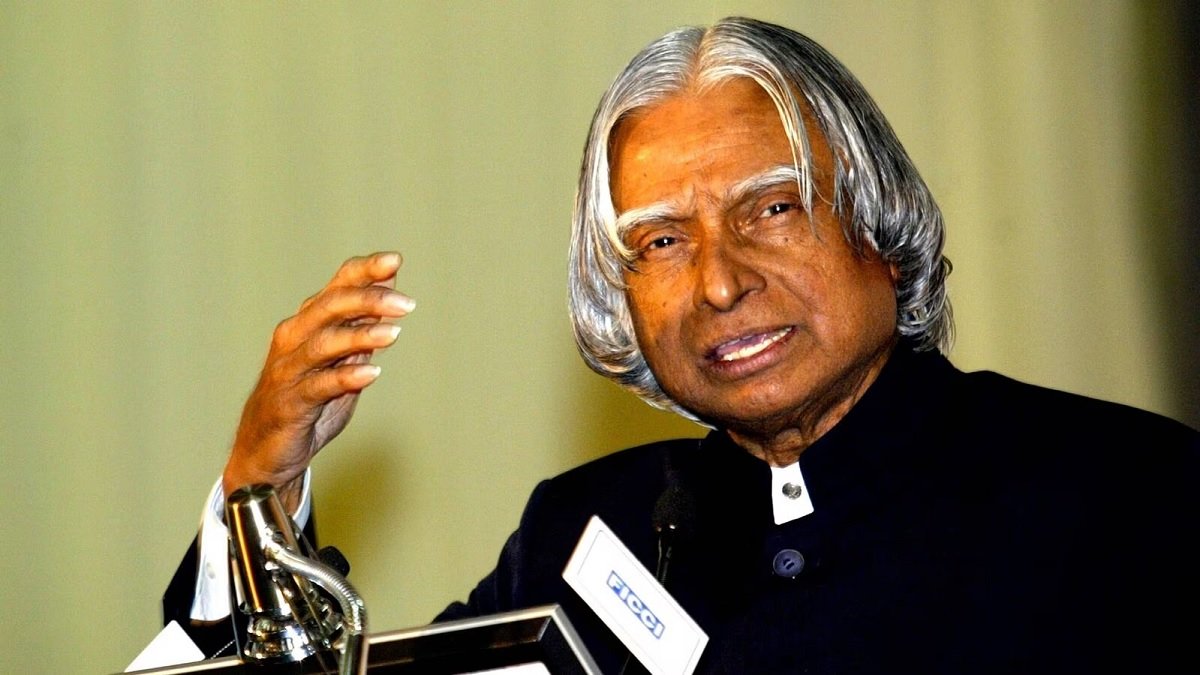The teachings of the Bahá’í Faith, established by Bahá’u’lláh in the 19th century, underscore the virtues of unity, peace, and universal collaboration among the diverse fabric of humanity. Central to this belief system is the remarkable figure of Abdul-Bahá, the son of Bahá’u’lláh, who emerged as a guiding luminary during a tumultuous period in history. His teachings were characterized by a profound commitment to the strategic facilitation of international peace, epitomized by his advocacy for the League of Nations. However, the League’s ultimate failure serves as a poignant backdrop against which the Bahá’í principles of global governance can be examined more critically.
The metaphor of a bridge is apt in articulating Abdul-Bahá’s vision for the League of Nations. A bridge, while sturdy, requires the right materials, maintenance, and collective human effort to connect distant shores. Abdul-Bahá endeavored to construct this metaphorical bridge in the realm of international relations, promoting collaboration among nations that were often divided by enmity and conflict. His assertion that “the world is but one country, and mankind its citizens” highlights the Bahá’í ethic of global unity, emphasizing the importance of transcending nationalist fervor in favor of collective advancement.
Despite the noble intentions behind the establishment of the League of Nations in 1920, the institution was plagued by inherent shortcomings that precipitated its decline. It fundamentally failed to adhere to the principles of justice and equity, often allowing the machinations of powerful states to supersede the needs of smaller nations. Abdul-Bahá’s teachings, which emphasized the importance of justice as the bedrock of societal progress, illustrate the dissonance between the ideal of a unifying international body and the realities of political pragmatism.
One of the critical deficiencies of the League was its inability to foster genuine dialogue among member states, a notion central to Abdul-Bahá’s teachings. He advocated for open communication and mutual understanding as pathways toward resolving conflicts. In contrast, the League often rendered itself ineffective by adopting a bureaucratic approach that stifled the very dialogue it was intended to inspire. The metaphor of a stagnant pond aptly encapsulates this predicament; without the inflow of fresh ideas and perspectives, the waters become stale and create a breeding ground for discord.
The concept of ‘consultation’ is another pivotal aspect of Bahá’í teachings that stands starkly in contrast to the League’s operational failings. Abdul-Bahá articulated that consultation involves a dynamic exchange of ideas rooted in sincerity and impartiality, aimed at reaching a consensus for the common good. However, the League often adhered to rigid structures, which impeded the kind of consultative process that Abdul-Bahá envisioned. This divergence illustrates a broader conflict between idealistic principles and the often mercenary nature of international politics.
The failure of the League of Nations also underscores a critical misunderstanding of the nature of peace and security. For Abdul-Bahá, peace is not merely the absence of conflict; rather, it is an active process that requires the establishment of justice, love, and reciprocity among peoples. The League frequently approached peace with the presumption that mere treaties and alliances would suffice to maintain stability. This superficial understanding neglected the underlying socio-economic inequalities and grievances that breed resentment and hostilities among nations. The frailty of treaties compared to the sturdiness of enduring principles is vividly apparent in this context.
Furthermore, the League’s inability to prevent the rise of militarism and nationalism in the interwar period reveals a fundamental flaw in its conceptual framework. Abdul-Bahá warned against the dangers of nationalism, viewing it as a narrow allegiance that hinders the development of a global identity. In contrast, the League failed to address the volatile mixture of national aspirations with militaristic ambitions that ultimately led to its own demise. This failure serves as a cautionary tale about the perils of fostering a myopic sense of identity at the expense of broader human interconnectedness.
The educational aspect of Abdul-Bahá’s teachings also offers additional insights into the shortcomings of the League. He posited that the advancement of civilization is predicated on the dispelling of ignorance through education. The League’s failure to prioritize educational initiatives, coupled with its insufficient attention to social and cultural dimensions, resulted in a lack of genuine engagement with the populations it ostensibly aimed to serve. A society devoid of enlightenment cannot nurture the seeds of unity that Abdul-Bahá championed; the stagnation of enlightenment leads to the erosion of progress, much like a garden that is never tended to with care.
In reviewing the legacy of Abdul-Bahá and the failure of the League of Nations, it becomes evident that the aspirations of global governance are inextricably linked to the principles of justice, cooperation, and education as espoused by the Bahá’í teachings. As we navigate the complexities of our contemporary world, marked by persistent conflicts and divisions, the allegorical bridge that Abdul-Bahá envisioned serves as a reminder that unity requires more than a mere assembly of nations. It requires a collective commitment to the foundational principles of justice, consultation, and education, underscoring that true peace is a collaborative endeavor that transcends geographical, ideological, and cultural boundaries.
